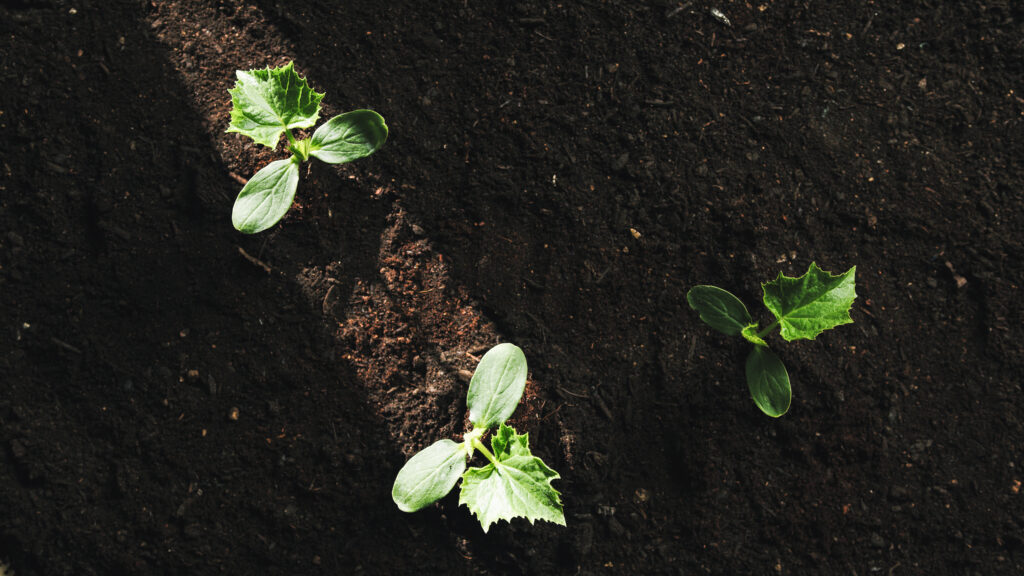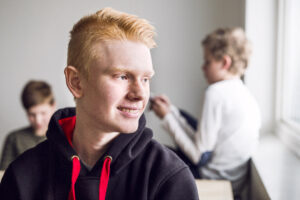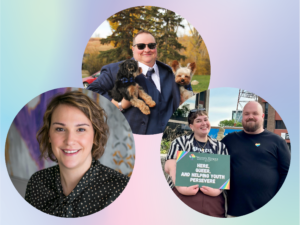By Ave Maria Beltran, Community Engagement Co-ordinator at Wood’s Homes.
In her TedXWomen’s talk ‘A Realistic Vision for World Peace’, Jody Williams reframes the concept of peace as human security – sustainable, with justice, equity and “freedom from fear”. And in order to achieve peace, we must take action. For rarely is there “hope without endeavour” or “hope of change, unless we take action to make it so”.
I found her vision of peace reminiscent of our vision at Wood’s Homes: A world that values and nurtures the mental health of all people and when needed, ensures quality, timely help for all. I’ve observed that all of us instinctively want to ”reclaim the meaning of peace” and carry a vision of a more sustainable and more equitable world, and know that we must work to make our vision a reality.
Threats to mental health are not experienced equally among or between populations. We have seen that the health and mental health consequences of COVID-19 has been more pronounced in underserved and vulnerable groups, and that socio-economic impacts have disproportionately affected the poor, displaced and marginalized. And yet, all evidence to the contrary, we continue to carry our vision of peace – mental health services that promote and restore the well-being of all people, especially those who are farthest behind.
It is our collective actions that will bring about change. I believe that in order to transform our vision into a matter of fact, we must normalize conversations around the origin of inequities – such as racism – and increase awareness by prioritizing and protecting the time to learn about and discuss our implicit biases.
I don’t know about you, but what prevents me from discussing inequities and taking action is an ‘all or nothing’, perfectionist approach. Educational leadership consultant, Sarah Fiarman, shares that when talking about racism, many feel uncomfortable and this is often due to the stigma of being called a ‘racist’. The truth is that everyone possesses unconscious bias and preferences on the basis of gender, race, sexual orientation, or other aspects of identity, and it’s important to recognize that multiple intersections can lead to discrimination and privilege. When we create conditions for all of us to monitor our own biases and behaviours, and call one another on it without the ‘racist’ stigma, we can prioritize collective accountability – a keystone of racial equity work.
Activist and community leader, Jay Smooth, says that when it comes to conversations around racism and unconscious bias, “the ‘all or nothing’ standard we tend to hold ourselves to when discussing racism, makes it difficult to work on our imperfections”. Eliminating the ‘racist’ stigma by disconnecting with standards of perfection helps us to normalize conversations, so that our actions match our good intentions. When we name race or bias in others and in ourselves, we let others know that we are aware of our own prejudices. We let others know that we are willing to deeply listen to their lived experiences. We let others know that we are holding ourselves accountable. He emphasizes that it is “the connection we maintain with our imperfections that allows us to be good”.
Being ‘good’ is not about being perfect. Being good is a practice meant to be carried out by engaging with our imperfections – something we should maintain and work on every day. We can’t address it once and be done. Deconstructing our unconscious bias so that our actions consistently match our intentions – in order to build empathy, and cultivate a strong world that values and nurtures the mental health of all people – takes consistent work. I am proud that we, at Wood’s Homes, ‘Never Give Up’.
In order to promote and restore the well-being of all people, especially those left farthest behind, we need others to help us see what we don’t see. Increased awareness of our implicit biases supports us in anticipating situations in which our bias may skew our behaviour, and then proactively design systems that help us to be fair, hold us accountable and make certain that ‘We Never Turn Anyone Away’.
In addition to the actions that you are taking to create peace in our world, let’s take the time to learn and have conversations about our implicit biases (and unlearn them), then take further action by speaking out against discrimination and inequity, and calling out unsafe, unjust or unfair behaviours, systems and practices.
When it comes to mental health, my biggest learning is that I can hold space in my heart for even the undesirable emotions. Good and bad – I am allowed to feel all of my feelings.
In the same light, let us all hold space in our conversations for mistakes. The connections we maintain through our imperfect journey of learning and unlearning, promotes accountability and gives us license to be good.
May the vision of peace that we carry become a reality.




